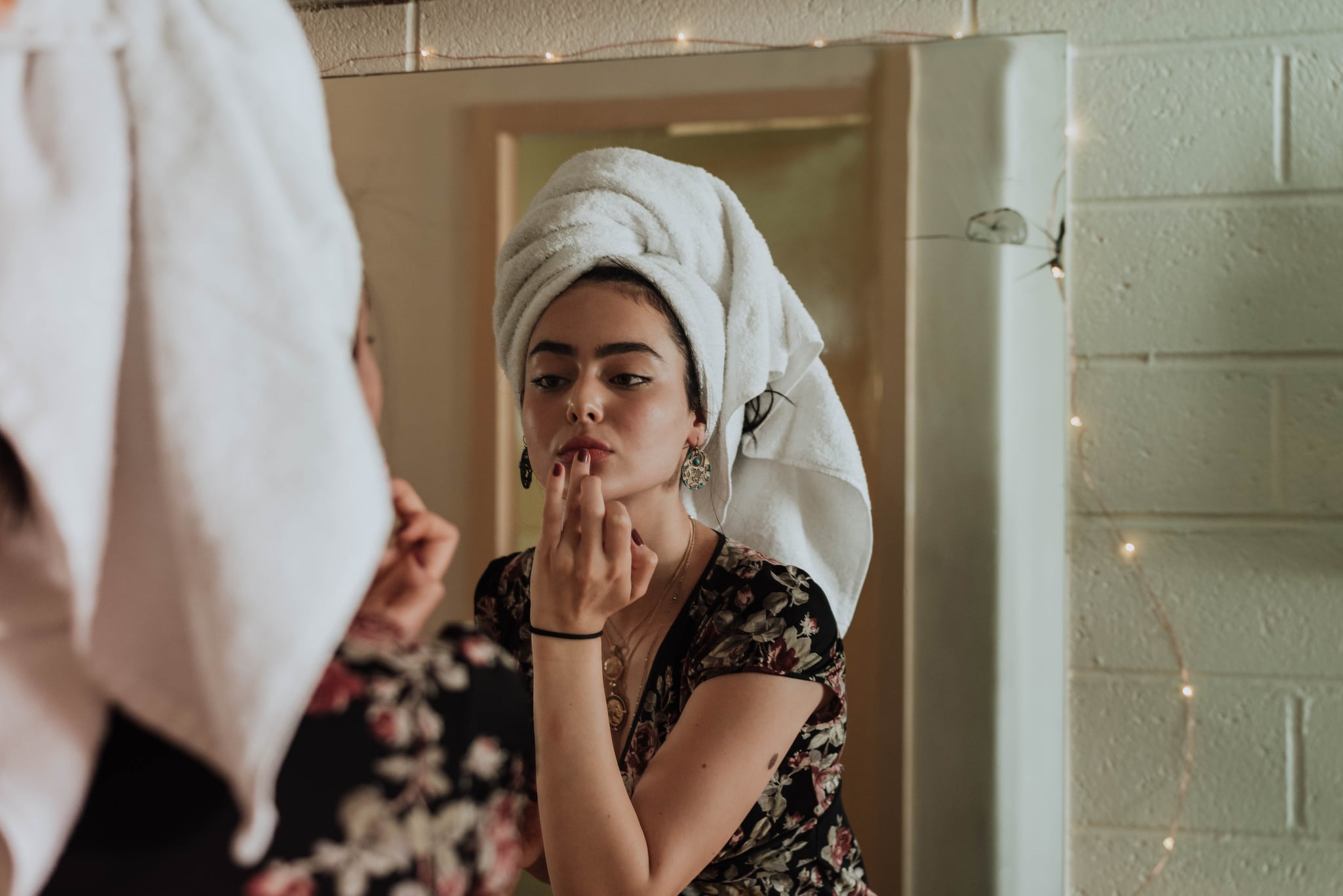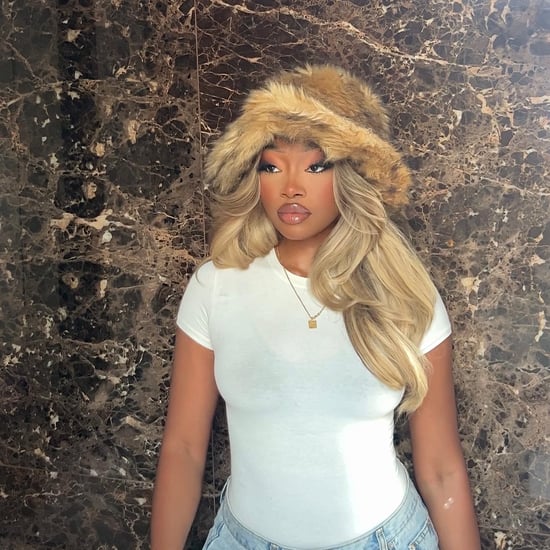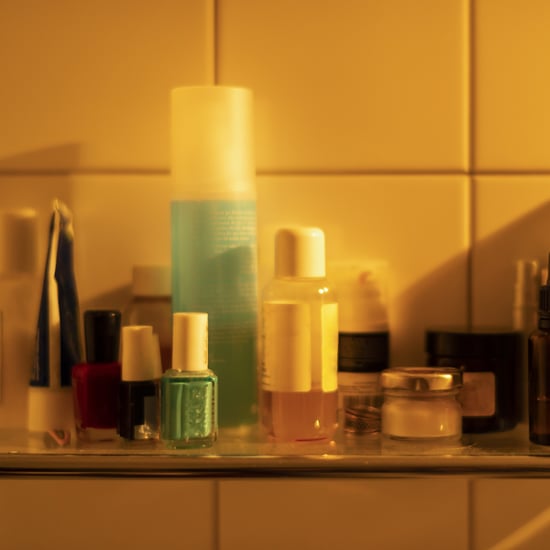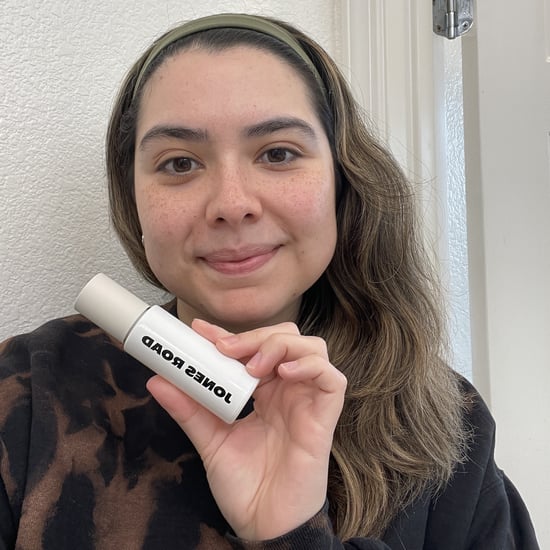How to Tell the Difference Between a Cold Sore and a Spot
The 1 Way You Can Tell Whether You've Got a Spot or a Cold Sore

True, no one's ever excited to get a spot, but there's a special kind of dread about the ones that pop up around your mouth. Could it be a cold sore? We asked NYC dermatologist Howard Sobel, MD on the telltale way to determine what's really going on with your lipline breakout.
What is a cold sore?
Cold sores are tiny blisters that can form around the mouth — and they're not uncommon. According to the American Academy of Dermatology Association (AAD), more than half of Americans age 14 to 49 carry the herpes simplex virus (HSV) that causes cold sores. It's easy to catch this virus as a child, as it can be passed through saliva or skin-to-skin contact. While the virus will stay in your body even after your first outbreak clears up, and there's a chance it may flare again, some people never show symptoms after their initial bout with HSV. Stress and sun exposure can provoke an outbreak.
As previously mentioned, cold sores are contagious. This means that you can spread the virus any time you have an outbreak — even if you're actively treating it. According to the AAD, you run the risk of spreading HSV until your sores have scabbed over.
How do you tell the difference between a cold sore and a pimple?
"The two are actually pretty easy to differentiate if you know what to look for."
Since little blisters often resemble pimples, it might be hard at first to discern the difference. "Pimples that pop up right near the mouth are often confused with cold sores, but the two are actually pretty easy to differentiate if you know what to look for," Dr. Sobel said.
There is a "number one sign" that you're getting a cold sore rather than a spot. According to Dr. Sobel, "You'll usually feel itching and burning at the site of a cold sore, rather than just a little discomfort with a pimple." Cold sores also will only emerge smack dab on the lip and often are made up of tiny clusters. "A pimple may pop up around your chin or mouth, but never directly on your lip," Dr. Sobel added.
How do you treat cold sores?
In general, a cold sore will last longer than a pimple. Luckily, there are ways to speed up the healing process. "Since cold sores stem from a virus, they are treated with antiviral medications and cream," Dr. Sobel explained. If you're uncomfortable but not in too much pain, the dermatologist recommends dabbing cold sores with a drugstore lip balm to reduce side effects that include burning, redness, and irritation. "For more severe cases, I recommend seeing a dermatologist to prescribe stronger medication such as Valtrex to treat current cold sores as soon as you feel the tingling," Dr. Sobel said.







